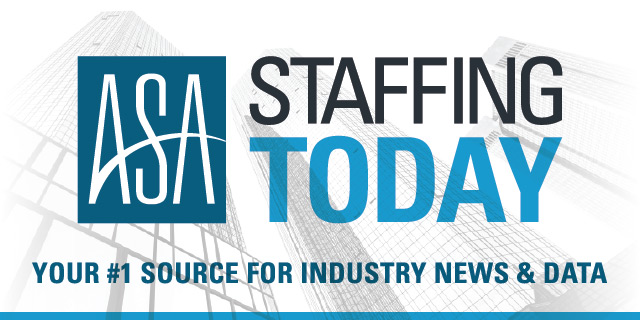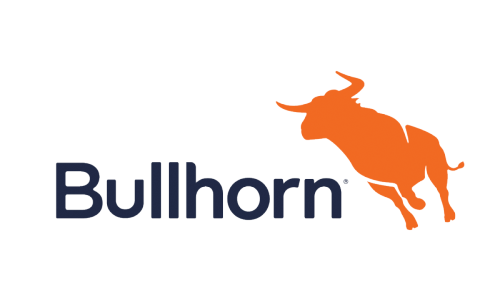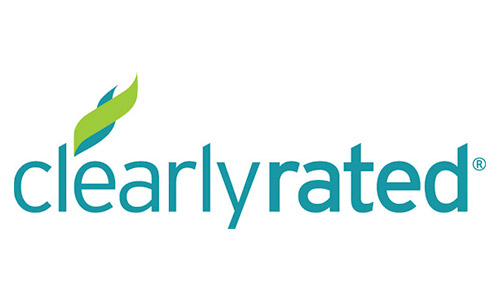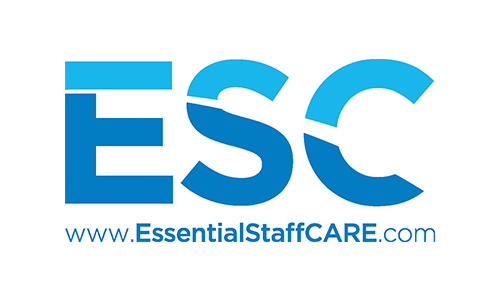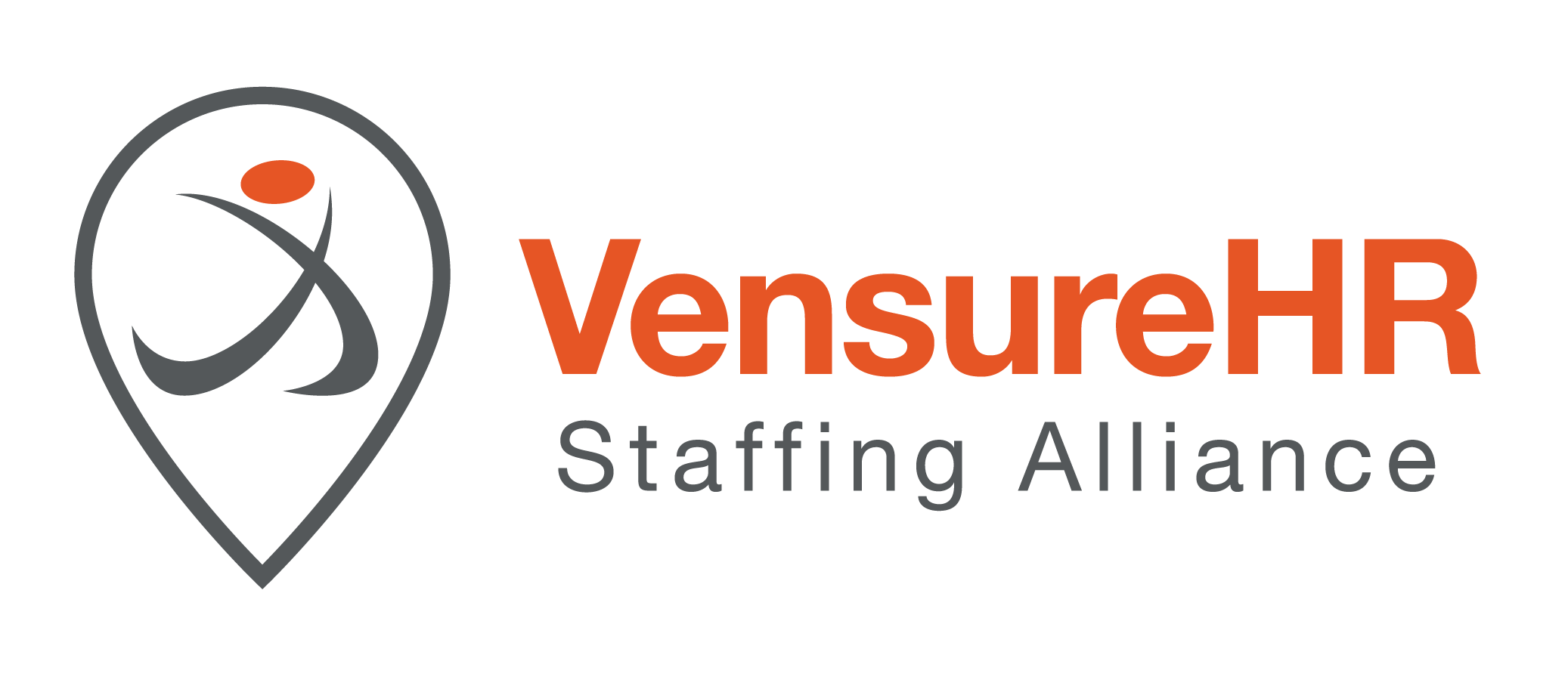February 23, 2023
Participate in the ASA Quarterly Staffing Employment and Sales Survey by Tomorrow
Participate in the association’s quarterly Staffing Employment and Sales Survey to unlock valuable staffing benchmarks that allow you to compare your company against similar-sized companies and those within your industry sector.
Survey participants get access to an exclusive online report archive, which includes benchmarks for direct hire searches and permanent placements, sector-specific gross margin trends, payroll and productivity metrics by company size, and more—but tomorrow is the last day to complete the survey.
Register to take the survey, or view the questionnaire, at americanstaffing.net/quarterly-survey.
Cross Country Healthcare Announces Fourth Quarter and Full Year 2022 Financial Results
CTG Reports Fourth Quarter and Full Year 2022 Results
Jobless Claims Stay Firmly Below 200,000 for Sixth Straight Week
Economy Grew at Slower Pace at End of 2022, GDP Shows
Union Pacific to Provide Paid Sick Leave to 2,100 Rail Workers
Nearly 30% of Work Remains Remote as Workers Dig In
46 Percent of Job Seekers Use ChatGPT to Write Their Résumés or Cover Letters
Some Employers Are Snatching Back Job Offers, Blaming the Economy
ASA for You
The Latest From Your Colleagues on ASA Central
ASA Central—the dynamic online community just for staffing professionals—is home to more than 27,000 staffing professional profiles and countless ongoing industry conversations.
This week, take a look at your colleagues’ discussions and some of the blogs they’ve posted on ASA Central:
Get involved with the community—update your profile today so you can network with colleagues, join a section community, recommend and comment on your colleagues’ posts, and share your own blog or discussion post. Log in to ASA Central now.
Return to Headlines
Legal Watch
Supreme Court Holds That Highly Compensated Employees Solely Paid a Day Rate Must Meet Reasonable Relationship Test
Seyfarth (02/22/23) Idalski, Annette; Winnick, Kyle; Hecker, A. Scott; et al.
The U.S. Supreme Court held that highly compensated employees paid solely on a day rate must meet the so-called “reasonable relationship test” to satisfy the salary basis requirement. In Helix Energy Solutions Group Inc. v. Hewitt, the Supreme Court considered whether a day-rate employee earning at least $963 per day and over $200,000 annually was paid on a “salary basis” under the highly compensated employee exemption to the overtime requirements of the Fair Labor Standards Act. In a 6-3 opinion, the court held that he was not.
The case turned on the fact that the employee was only paid a day-rate. The court suggested in several footnotes that the outcome may have been different if the plaintiff was paid a base salary in addition to a daily rate. Employers that pay their exempt workers on a daily basis should consider assessing their pay practices with the support of competent counsel to ensure continued compliance.
Return to Headlines
|
Read the full story→
Legal Watch
Justice Department Secures Agreement With New York IT Staffing Firm to Resolve Immigration-Related Discrimination Claims
U.S. Department of Justice (02/22/23)
The U.S. Department of Justice has announced that it has reached a settlement agreement with Amiga Informatics, a New York information technology staffing firm. The settlement resolves the department’s determination that Amiga violated the Immigration and Nationality Act by posting discriminatory job advertisements that solicited applications only from individuals with specific citizenship or immigration statuses. The department’s investigation determined that Amiga posted at least six facially discriminatory job advertisements in 2021. The INA’s antidiscrimination provision generally prohibits employers from recruiting or refusing to hire workers based on their citizenship or immigration status.
Under the agreement, Amiga will pay $24,864 in civil penalties to the U.S. The agreement also requires Amiga to train its recruiters on the INA’s requirements, revise its employment policies, and be subject to departmental monitoring and reporting requirements.
Return to Headlines
|
Read the full story→
Legal Watch
IRS and Treasury Issue Final Regulations on E-file for Businesses
U.S. Internal Revenue Service (02/21/23)
Final regulations issued Feb. 21 by the U.S. Department of the Treasury and the U.S. Internal Revenue Service amend the rules for filing returns and other documents electronically and will require certain filers to e-file beginning in 2024. The final regulations lower the 250-return threshold to require electronic filing by filers of 10 or more returns in a calendar year. They also require filers to aggregate nearly all information return types covered by the regulation to determine whether a filer meets the 10-return threshold and is required to e-file their information returns.
Additionally, the final regulations eliminate the e-filing exception for income tax returns of corporations that report total assets under $10 million at the end of their taxable year, require partnerships with more than 100 partners to e-file information returns, and require partnerships required to file at least 10 returns of any type during the calendar year to e-file their partnership return. IRS aims to facilitate the process with a free online portal, the Information Returns Intake System, to help businesses file Form 1099 series information returns electronically. Additionally, hardship waivers are available for filers that would experience hardship in complying with the e-filing requirements.
Return to Headlines
|
Read the full story→
Legal Watch
2022 Health Care Employment Law Year in Review
National Law Review (02/20/23) Hamer, Spencer; Leen, Craig E.; Lindsay, David C.; et al.
Many states enacted new laws and policies governing the wages, working conditions, and rights of health care workers in 2022 after addressing the Covid-19 pandemic itself in 2021. The swift uptick in the hiring of health care professionals through staffing firms, including travel nurses, caused state and federal lawmakers and health care providers to seek increased regulation of the industry. Seven states enacted or proposed laws generally aimed at enhancing government oversight of the industry, addressing anticompetitive activities by staffing firms, and defining the roles and responsibilities of staffing firms in these relationships.
These laws are not limited by or tied to the length of the states’ public health emergency declarations. Connecticut, Illinois, Iowa, Louisiana, Pennsylvania, and Oregon enacted laws. The federal government also issued guidance pertaining to certain topics. The U.S. Department of Health and Human Services and the U.S. Department of Justice issued joint guidance regarding nondiscrimination in telehealth. The U.S. Equal Employment Opportunity Commission updated its guidance on religious accommodations for Covid-19 vaccines, issued new workplace guidance regarding Covid-19 testing, and released a report evaluating first-time collection of pay data.
Return to Headlines
|
Read the full story→
Legal Watch
Massachusetts: Spring Cleaning Tips for Pay and Recordkeeping Compliance
Lexology (02/13/23) Lederman, Danielle Jurema
Massachusetts employers should be aware of their obligations for wage payments and recordkeeping to avoid audits by the U.S. Department of Labor’s Wage and Hour Division or the Fair Labor Division of the Massachusetts Attorney General’s Office. Those that fail to maintain the proper records or pay their employees correctly face significant fines and penalties, including even double or triple the amount of actual damages.
It is important that employers correctly classify their workers as employees or independent contractors at the outset; pay employees at least minimum wage, which is $15.00 per hour in Massachusetts, for all the hours they work; and pay employees for all hours worked over 40 hours in a workweek at the rate of time-and-one-half, unless they are exempt from overtime. If employees perform work at multiple pay rates in a workweek, employers must ensure they properly calculate any overtime earnings. It also is important to properly classify employees as nonexempt or exempt from overtime; determine whether they must pay employees for their travel time, time on call, or work performed before or after their shift, among other things; and maintain records of the hours worked and pay provided to each employee.
Return to Headlines
|
Read the full story→
Legal Watch
ASA Publishes Update on Noncompete Law in 2023
American Staffing Association (02/23/23) Rizvi, Shaan
Businesses across almost all major industries use restrictive covenants for a variety of reasons—including nondisclosure, nonsolicitation, and noncompete agreements. Noncompete agreements, in particular, have come under increasing federal and state scrutiny in recent years. While only three states prohibit noncompete agreements almost entirely (California, North Dakota, and Oklahoma), the trend has been for states to limit the use of noncompete agreements by imposing minimum salary thresholds, notice provisions, and other requirements. A new legal article from ASA examines some of the major changes to noncompete law enacted at the federal and state level in 2022 and forecasts what businesses can expect for 2023.
Plus, this year’s ASA Staffing Law Conference, May 18–19 in Washington, DC, will have even more information for staffing professionals on restrictive covenants—including a session titled “Hands Off, They’re Mine! Protective Staffing Agency Employees and Goodwill.” Learn more and register at staffinglawconference.net.
Return to Headlines
|
Read the full story→
ASA Corporate Partners
Staffing Today is published by the American Staffing Association, with news abstracts copyrighted in 2024 by SmithBucklin of Chicago, IL, and all other content copyrighted in 2024 by ASA. No part of this publication may be reproduced without permission.
|



